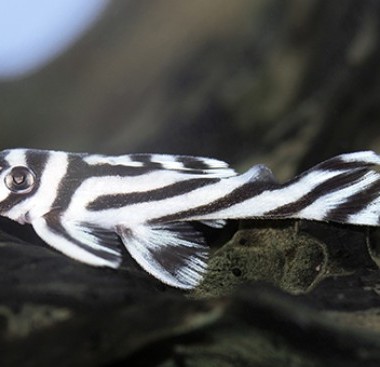HSUS vs CAMPFIRE
HSUS wages campaign against Zimbabwe’s CAMPFIRE program
By: Staff Date: 01/14/2012 Category: | Wildlife Journal |
The Humane Society of the US has been waging an on-going campaign against Zimbabwe's CAMPFIRE program. CAMPFIRE - Communal Areas Management Program for Indigenous Resources - is a conservation-based community development program that gives ownership of natural resources to local people and enables them to derive benefit from wildlife management.
The HSUS grievance with CAMPFIRE is that the program uses sport hunting, in particular hunting of elephants, to raise funds for conservation and provide local people with an incentive to preserve elephant habitat and police against poaching. The campaign is aimed at disrupting the program by preventing further US development assistance and by closing the US market for its products.
HSUS heightened its campaign after it and other animal rights groups were alarmed that the Convention on International Trade in Endangered Species gave the green light for three southern African countries to resume highly regulated trade in elephant products. In June, the CITES meeting down-listed the African elephant populations of Botswana, Namibia, and Zimbabwe from Appendix I to Appendix II, thus endorsing that the elephants are not an endangered species in these countries.
CAMPFIRE has benefited wildlife and has improved the lives of some two million rural Zimbabweans. The program funds schools, hospitals, roads, and access to water, and provides other necessities. By trying to undermine CAMPFIRE, animal rights groups now threaten to reverse the major gains made in elephant conservation. In large part due to CAMPFIRE, Zimbabwe's elephant population has soared from 48,000 in 1984 to 67,000 today and land set aside for wildlife habitat has increased from 12 percent to 33 percent of the country. In contrast, over the same period in Kenya, where a protectionist approach to wildlife management was followed, the elephant population plummeted from 100,000 to 26,000. Removing the economic incentives for rural Zimbabweans to conserve elephants would only increase the chances of a repeat of the Kenya debacle.
In its latest efforts to discredit CAMPFIRE, HSUS engineered an amendment to the US Foreign Operations Appropriations Bill for Fiscal Year 1998 that would have made it impossible for USAID to continue funding the program. An overwhelming majority of US representatives demonstrated their support for CAMPFIRE this month by rejecting the amendment. Unequivocal support from more than 40 leading conservation and development organizations - including the World Wildlife Fund, the National Wildlife Federation, and the World Conservation Union - helped build strong bipartisan support for the program in Congress.
We should be grateful that the overwhelming majority of US Congressmen are able to see though the half-truths and distortions that groups such as HSUS are willing to perpetuate in order to achieve their goals. Our House of Representatives has sent a clear signal that they appreciate the difference between conservation and preservation and have come down clearly on the side of conservation. Perhaps it is now time for us, the US public, to stand up against the vocal minority who wish to project their particular brand of ethics on the rest of the world to the detriment of both people and animals.
Lets take a brief look at the HSUS campaign. This well-funded, influential group has undertaken a multi-million dollar campaign aimed at undermining what is generally regarded as one of the world's most successful conservation programs. If successful, the group would also have added to the poverty of millions of people who are already some of the poorest in the world. They were prepared to do this because of their belief that hunting is bad, and perhaps more importantly, to raise millions of dollars to help meet the exorbitant salaries of their officers. One estimate is that HSUS spent as much as $8 million dollars on salaries, television and radio advertisements, mailings, and appeals during this campaign. This is more money than it cost to implement CAMPFIRE in the first six years of its existence. This money threatens conservation, it does not improve it.
Is it any wonder that millions of African despair at what they see as the new eco-colonialism practiced by Americans? The activities of HSUS have brought all Americans into disrepute in southern Africa and many other parts of the developing world. They have spent millions of dollars in attempts to take the food out of the mouths of starving children. This is truly morally repugnant behavior.
About The Author
All Authors Of This Article: | Liz Rihory |












